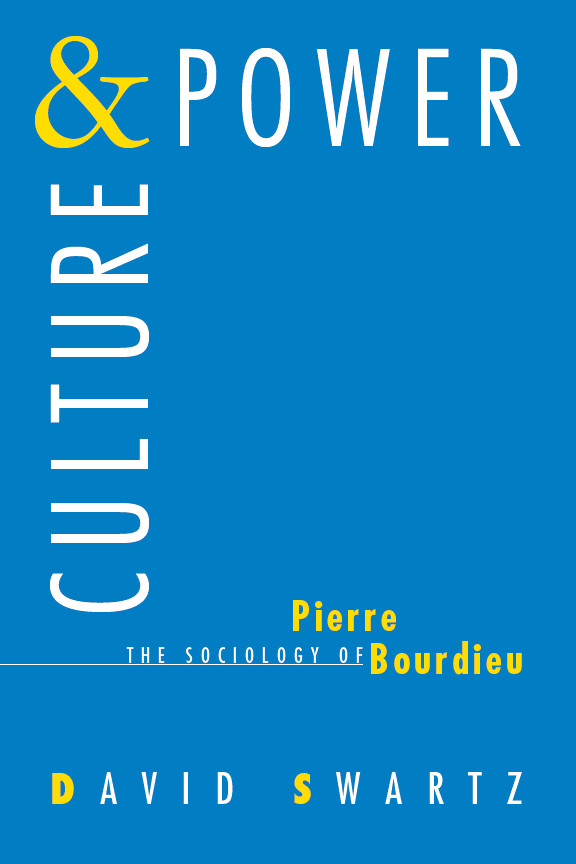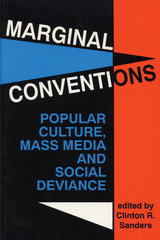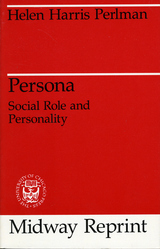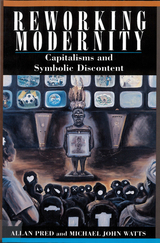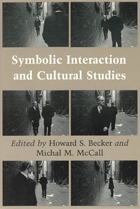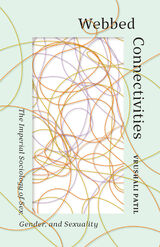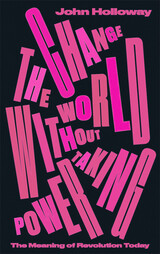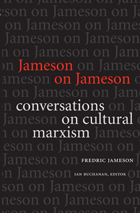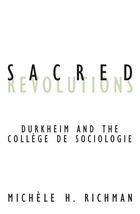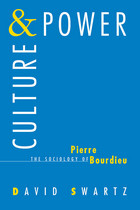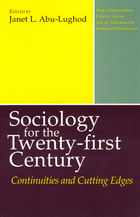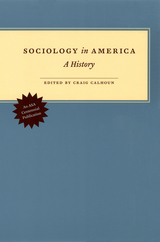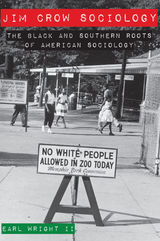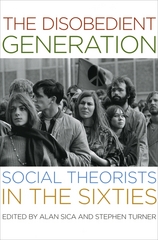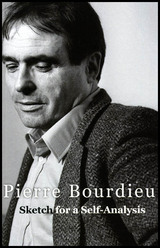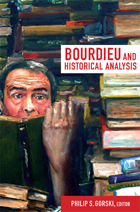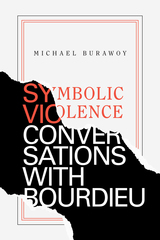Culture and Power: The Sociology of Pierre Bourdieu
University of Chicago Press, 1997
eISBN: 978-0-226-16165-5 | Paper: 978-0-226-78595-0 | Cloth: 978-0-226-78594-3
Library of Congress Classification HM477.F8S93 1997
Dewey Decimal Classification 301.0944
eISBN: 978-0-226-16165-5 | Paper: 978-0-226-78595-0 | Cloth: 978-0-226-78594-3
Library of Congress Classification HM477.F8S93 1997
Dewey Decimal Classification 301.0944
ABOUT THIS BOOK | TOC | REQUEST ACCESSIBLE FILE
ABOUT THIS BOOK
Pierre Bourdieu is one of the world's most important social theorists and is also one of the great empirical researchers in contemporary sociology. However, reading Bourdieu can be difficult for those not familiar with the French cultural context, and until now a comprehensive introduction to Bourdieu's oeuvre has not been available.
David Swartz focuses on a central theme in Bourdieu's work—the complex relationship between culture and power—and explains that sociology for Bourdieu is a mode of political intervention. Swartz clarifies Bourdieu's difficult concepts, noting where they have been misinterpreted by critics and where they have fallen short in resolving important analytical issues. The book also shows how Bourdieu has synthesized his theory of practices and symbolic power from Durkheim, Marx, and Weber, and how his work was influenced by Sartre, Levi-Strauss, and Althusser.
Culture and Power is the first book to offer both a sympathetic and critical examination of Bourdieu's work and it will be invaluable to social scientists as well as to a broader audience in the humanities.
David Swartz focuses on a central theme in Bourdieu's work—the complex relationship between culture and power—and explains that sociology for Bourdieu is a mode of political intervention. Swartz clarifies Bourdieu's difficult concepts, noting where they have been misinterpreted by critics and where they have fallen short in resolving important analytical issues. The book also shows how Bourdieu has synthesized his theory of practices and symbolic power from Durkheim, Marx, and Weber, and how his work was influenced by Sartre, Levi-Strauss, and Althusser.
Culture and Power is the first book to offer both a sympathetic and critical examination of Bourdieu's work and it will be invaluable to social scientists as well as to a broader audience in the humanities.
See other books on: 1930-2002 | Bourdieu, Pierre | Methodology | Pierre Bourdieu | Social
See other titles from University of Chicago Press
